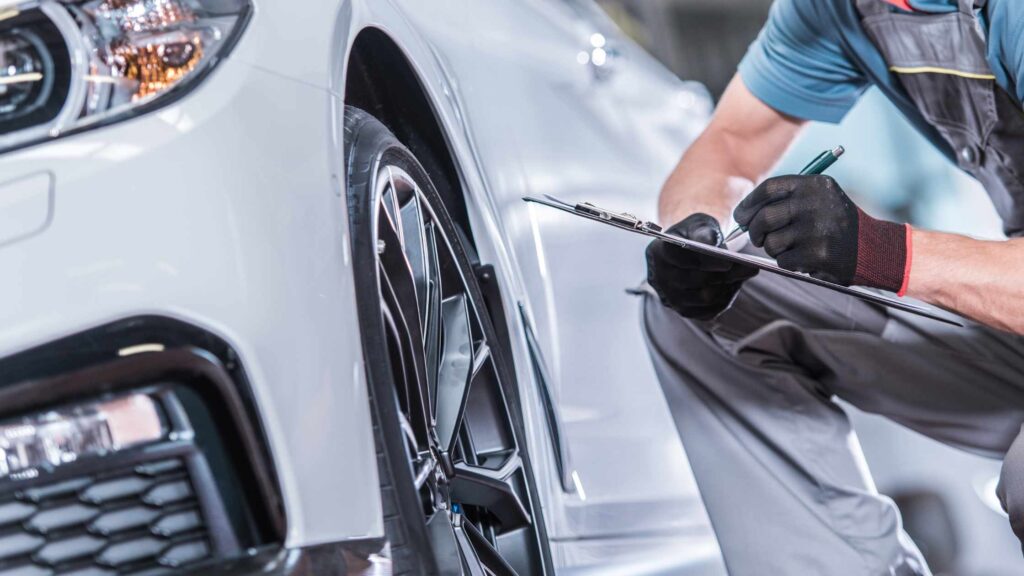Introduction
So, you’re in the market for a new car? It can be an exciting but daunting experience. With so many options available, how do you ensure that you make a smart purchase? This ultimate car buying guide is here to help! We’ve compiled a list of tips and tricks to ensure that you make an informed decision and drive away with a car that meets your needs and budget.
Set Your Budget
Before you start browsing dealerships or searching online, it’s crucial to determine your budget. Be realistic about your financial situation and consider factors such as monthly payments, insurance costs, fuel economy, and maintenance expenses. Remember, a car is not just a one-time purchase; it also involves ongoing expenses.
Research, Research, Research
Knowledge is power when it comes to car buying. Research different makes and models that fit your needs and preferences. Consider factors such as fuel efficiency, reliability, safety features, and resale value. Read reviews, compare prices, and check for any common issues with specific models. The more information you gather, the better equipped you’ll be to make a smart decision.
Decide on New or Used
One of the major decisions you need to make is whether to buy a new or used car. Each option has its pros and cons. New cars offer the latest features and come with warranties, but they also depreciate significantly as soon as you drive them off the lot. Used cars, on the other hand, can be more affordable and have already experienced the initial depreciation hit. Assess your needs, budget, and preferences to determine which option is best for you.
Consider Financing Options
Unless you’re paying for the car in cash, financing is likely to be part of the process. Research and compare financing options from different sources, such as banks, credit unions, or the dealership itself. Consider factors such as interest rates, loan terms, and monthly payments. Getting pre-approved for a loan can also give you an advantage when negotiating the final price.
Take it for a Test Drive
Never skip the test drive! Schedule appointments at different dealerships and test drive the cars you’re interested in. This will give you a feel for the vehicle, its comfort, handling, and acceleration. Take the car on different road types and pay attention to any unusual sounds or vibrations. Don’t be afraid to ask the salesperson about any specific features or concerns you may have during the test drive.
Get a Vehicle History Report
If you’re considering a used car, always ask for a vehicle history report. This report provides valuable information such as accidents, repairs, and ownership history. It can help you identify any red flags and make an informed decision. If the seller doesn’t provide a report, consider it a warning sign and think twice before proceeding with the purchase.
Have a Trusted Mechanic Inspect the Car
Even if you’ve done your due diligence and checked the vehicle history report, it’s always a good idea to have a trusted mechanic inspect the car before finalizing the purchase. They can uncover potential issues that may not be apparent to the untrained eye. The cost of a pre-purchase inspection is a small price to pay compared to potential expensive repairs down the line.
Negotiate the Price
Haggling over the price can be intimidating, but it’s an essential part of the car buying process. Do your research beforehand and come prepared with the average market price for the make and model you’re interested in. Be confident and willing to walk away if the price is not right. Remember, there are plenty of other cars out there, and the seller may be more willing to negotiate to make the sale.
Don’t Forget Insurance
Before you drive off in your new car, make sure you have insurance in place. Research insurance providers and get quotes for different coverage options. Consider factors such as deductibles, liability limits, and comprehensive coverage. It’s important to have insurance lined up before you take ownership of the vehicle to protect yourself financially in case of an accident or damage.
Summary
Purchasing a car is a significant decision, and it’s important to approach it with caution and thoroughness. By following the tips and tricks outlined in this ultimate car buying guide, you’ll be well-equipped to make a smart purchase. From setting your budget to negotiating the price, every step of the process requires careful consideration. Remember, buying a car is not just about finding a means of transportation; it’s an investment that should serve you well for years to come.







